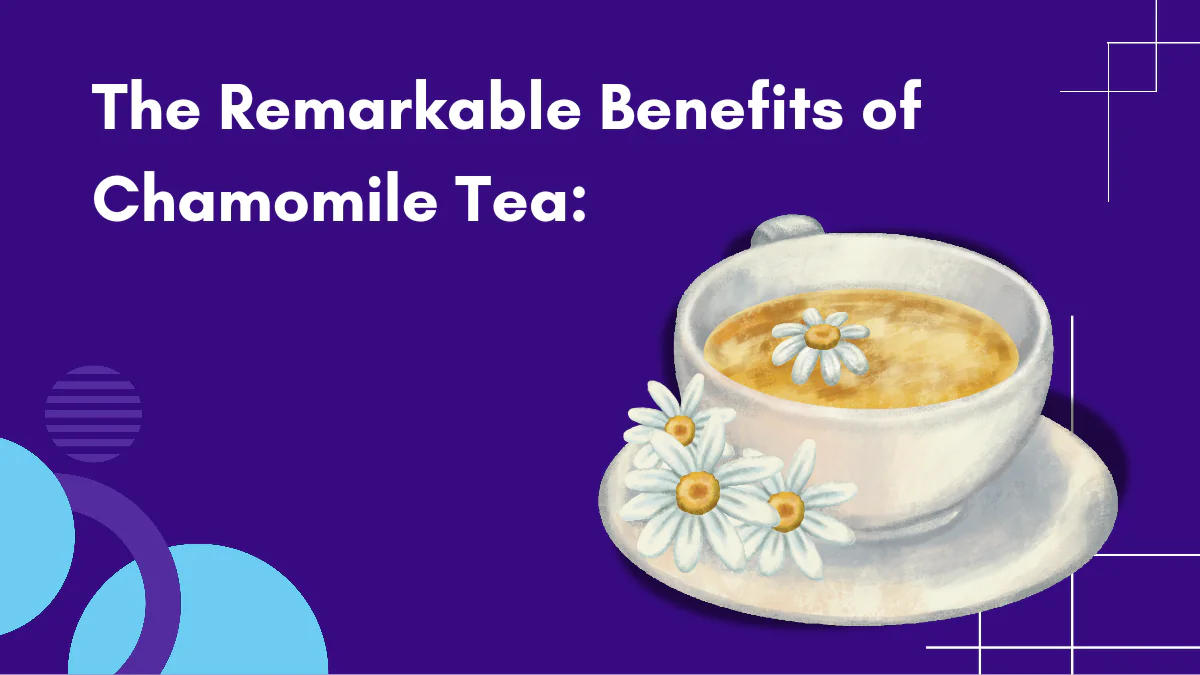Myths and superstitions surrounding food and dietary practices have been prevalent across various cultures for centuries. One such belief that has stood the test of time is the notion that drinking milk with fish can be harmful. This widespread belief has been perpetuated through generations, often without questioning its validity or examining the scientific evidence behind it. However, as we continue to advance our understanding of nutrition and food science, it’s essential to separate fact from fiction and debunk these long-standing myths.
The Origins of the Myth:
The roots of this myth can be traced back to ancient Ayurvedic teachings, which have had a significant influence on traditional Indian cuisine and dietary practices. According to Ayurveda, milk and fish are considered incompatible due to their opposing qualities – milk being cooling and fish being heating. It was believed that consuming these two together could lead to an imbalance in the body’s humors, causing digestive issues and other health problems.
However, it’s important to note that Ayurvedic principles were developed at a time when our understanding of human physiology and nutrition was limited. Modern scientific research has provided us with a more comprehensive understanding of how our bodies process and metabolize different foods.
The Scientific Perspective:
From a scientific standpoint, there is no evidence to support the claim that drinking milk with fish can be harmful. In fact, both milk and fish are excellent sources of essential nutrients that can complement each other in a balanced diet.
Milk is rich in proteins, calcium, vitamins, and minerals that are essential for bone health, muscle development, and overall bodily functions. Fish, on the other hand, is an excellent source of lean protein, omega-3 fatty acids, and various vitamins and minerals that contribute to cardiovascular health, brain function, and overall well-being.
When consumed together, milk and fish can provide a well-rounded meal that offers a variety of essential nutrients. The digestive system is designed to handle a wide range of food combinations, and there is no biological mechanism that suggests that combining milk and fish would cause any adverse effects.
Furthermore, many cultures around the world have long-standing culinary traditions that incorporate milk and fish together in various dishes. For example, in Indian cuisine, dishes like fish curry with coconut milk or Bengali-style fish in a creamy sauce are widely enjoyed without any reported adverse effects.
Addressing Common Concerns:
Despite the lack of scientific evidence, some common concerns associated with this myth persist. One such concern is the belief that the combination of milk and fish can cause digestive issues, such as bloating or indigestion. However, these issues are more likely to be caused by individual food intolerances or sensitivities rather than the combination itself.
Another concern is the notion that milk and fish can interfere with each other’s absorption in the body. However, studies have shown that the absorption of nutrients from milk and fish is not significantly affected when consumed together.
Furthermore, some people argue that the smell or taste of fish can be amplified when combined with milk. While this may be true for some individuals, it is a matter of personal preference rather than a health concern.
Conclusion:
The myth that drinking milk with fish can be harmful is just that – a myth. Scientific evidence and cultural culinary traditions have consistently disproven this belief. In fact, combining milk and fish can provide a nutritious and well-balanced meal that offers a variety of essential nutrients.
As with any dietary practice, moderation and consideration for individual preferences and sensitivities is advisable. However, there is no need to avoid this particular food combination based on unfounded beliefs or superstitions.
By debunking such myths, we can shed light on the importance of evidence-based nutrition and encourage a more open-minded approach to dietary practices. Embracing diverse culinary traditions and understanding the science behind food can lead to a healthier and more enjoyable relationship with what we consume.
Read also : Unveiling the Impact of a Low Protein Diet on Human Longevity
Disclaimer : The information provided on myhealthpage.in is not a substitute for professional medical advice, diagnosis, or treatment. If you have any questions or concerns about your health, please consult with a licensed physician or other qualified healthcare provider.
Image by topntp26 on Freepik




















